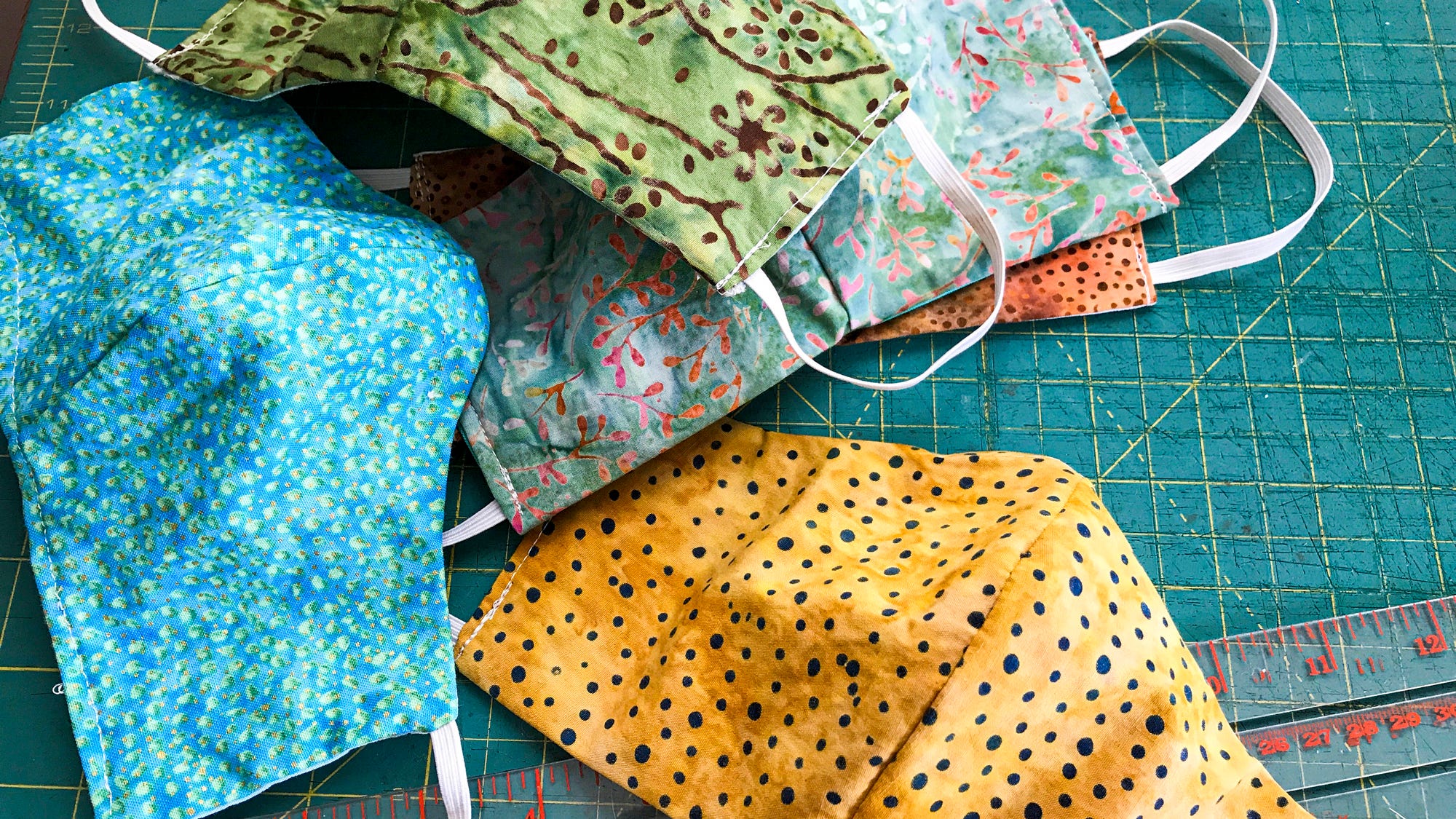Children who experience 'dependent' or clingy relationships with their preschool teachers tend to also have difficulties in their relationships with their mothers finds researchers. They went even further to find that later in elementary school, these children were prone to being anxious, withdrawn, and overly shy.
from Latest Science News -- ScienceDaily https://ift.tt/2zNvNzR
from Latest Science News -- ScienceDaily https://ift.tt/2zNvNzR

